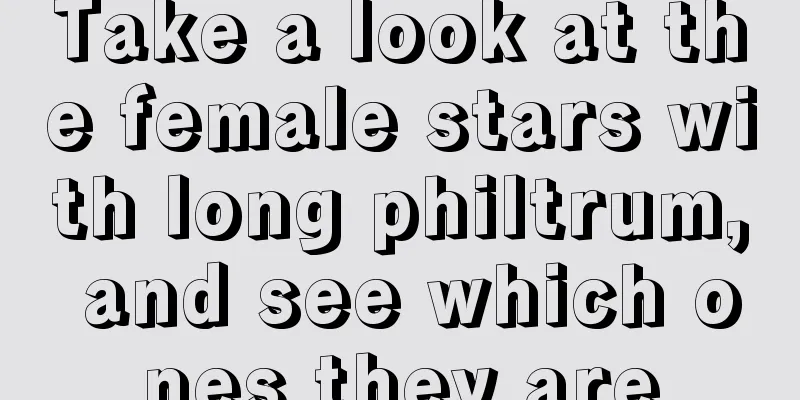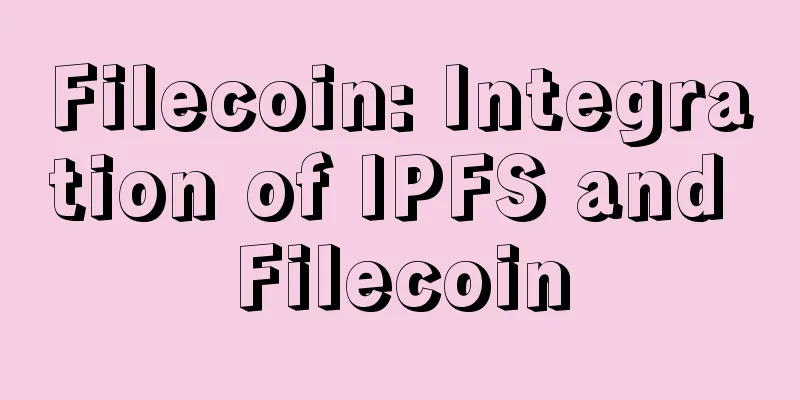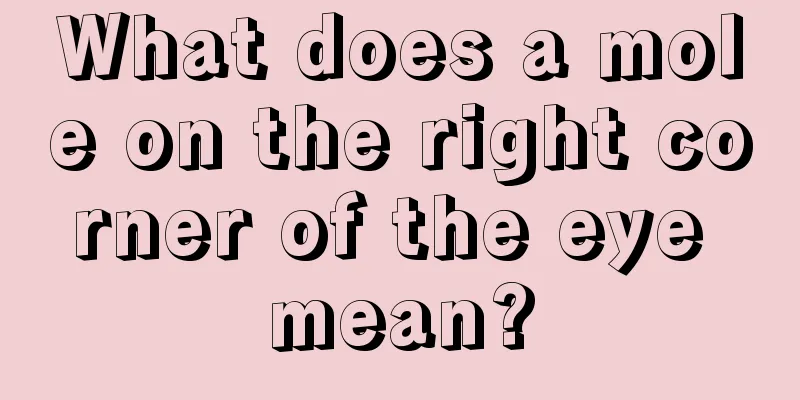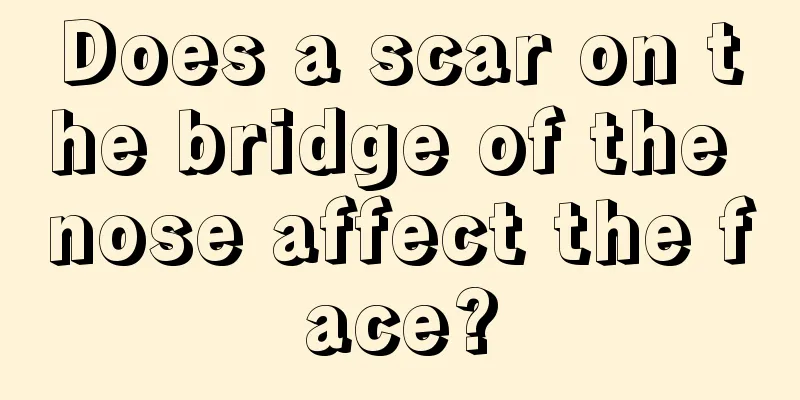Iran's first Bitcoin exchange BTXCapital established
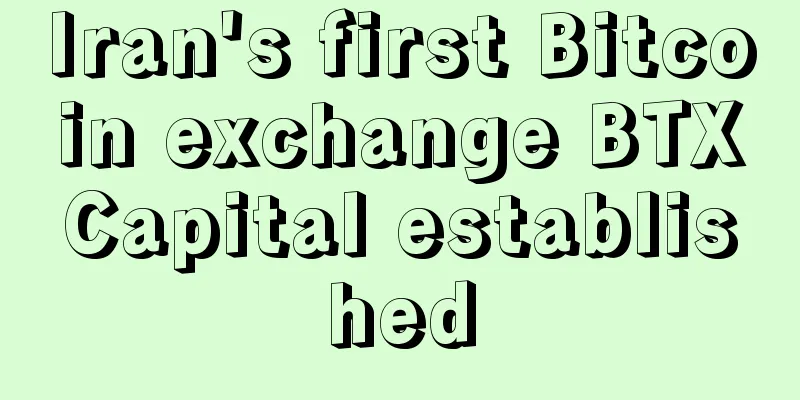
|
According to internetworldstats, 57% of Iran’s population uses the internet. Despite the region’s large number of internet users and growing interest in using bitcoin to transfer money overseas or make online purchases, the region has limited options for making this possible. Online Bitcoin marketplace CoinAva has been operating in Iran since 2013, and Localbitcoins has also entered the Iranian market, offering P2P sales. One company that accepts Bitcoin payments is Persian Leather Shoes, which has been selling on the market for 70 years.
The United States imposed sanctions on Iran after the Iranian Revolution in 1979, and further expanded the sanctions in 1995. As Iran refused to suspend its uranium enrichment program, the UN Security Council passed Resolution 1696 in 2006, imposing sanctions on Iran. U.S. Department of State:
The sanctions dealt a heavy blow to Iran's economy, and a black market economy was created. In 2011, Iran was hit by a new round of sanctions, which led to the devaluation of the Iranian Rial (IRR). The following year, the Iranian government implemented a three-tier exchange rate to stabilize the import cost of commodities while increasing the prices of luxury goods. Under such circumstances, the black market speculation of selling legal currency has further emerged. According to the UANI organization report, in December 2011, one US dollar could be sold for 13,350 Iranian rials (IRR) on the black market. In January 2013, in just one month, it rose to 1 US dollar and 40,000 Iranian rials. UANI (United Against Nuclear Iran) is a non-partisan, non-profit organization whose purpose is to "prevent Iran from achieving its ambitions of possessing nuclear weapons." The organization also pressures companies to stop doing business with Iran, claiming that it is doing so to stop the Iranian government's nuclear program. UANI successfully launched a campaign in February 2012 to demand that SWIFT cut off all financial relations with Iran. International sanctions have also caused foreign credit and debit card providers to stop providing services to Iran. Although there is a network of ATMs operating in Iran, only locally issued bank cards such as the Hajj card can be used. According to the Iranian Internet Infrastructure and Policy Report, The report also pointed out that in March last year, Now that the first real-time Bitcoin exchange BTXCapital has been established in Iran, Iranians finally have a way to buy Bitcoin.
BTXCapital uses draglet’s white label Bitcoin exchange platform, which provides BTXCapital with instant deposit functionality, real-time buy and sell capabilities, and a fully customized Farsi user interface. Draglet is headquartered in Munich and is a company that provides application services for digital currency trading platforms.
Ali
|
<<: Agora, the largest dark web trading market, is temporarily closed
>>: Tim Draper, founder of Draper Fisher Jurvetson: Expect Bitcoin to Become a Good Store of Value
Recommend
Is it good for a woman to have a mole on her left ear?
Ears represent a person's fortune and health....
What does the split in the middle of the love line mean?
The love line is one of the main lines in our pal...
Your life destiny from the wrist line
There are many lines on our hands, and some of th...
Palmistry Features That Make You More Successful
Palmistry Features That Make You More Successful ...
Is it good to have a mole under the eyebrow? What does a woman with a mole under the right eyebrow mean?
The different positions of moles on our face have...
What does the broken palm lines on both hands mean?
In palmistry, each line on the palm has a differe...
Women with good luck in official career have thick palms and plump fingers.
Some women are not suitable for the workplace, bu...
What kind of palm lines indicate divorce: Marriage line
What kind of palm lines indicate divorce? As the ...
People with forked life lines in palmistry often have bad luck.
Is it good to have a forked lifeline in palmistry...
What is a false palm? Palmistry analysis
There are many special palm lines , one of which ...
Babbitt's first release丨Fidelity Bitcoin Investment Report: Bitcoin is an ideal store of value
Fidelity Digital Assets, a subsidiary of asset ma...
What is the fastest way to remove moles? What is the best method to remove moles?
Many people have moles on their bodies or faces, ...
The face of a woman who likes to complain to others
Some people, when they are wronged, will swallow ...
What woman has a fierce face?
As the saying goes: Appearance reflects the heart...
What are the personality traits of a man with three white eyes? Is it good for a man to have three white eyes?
Men with lower eyes like to dominate others If a ...


